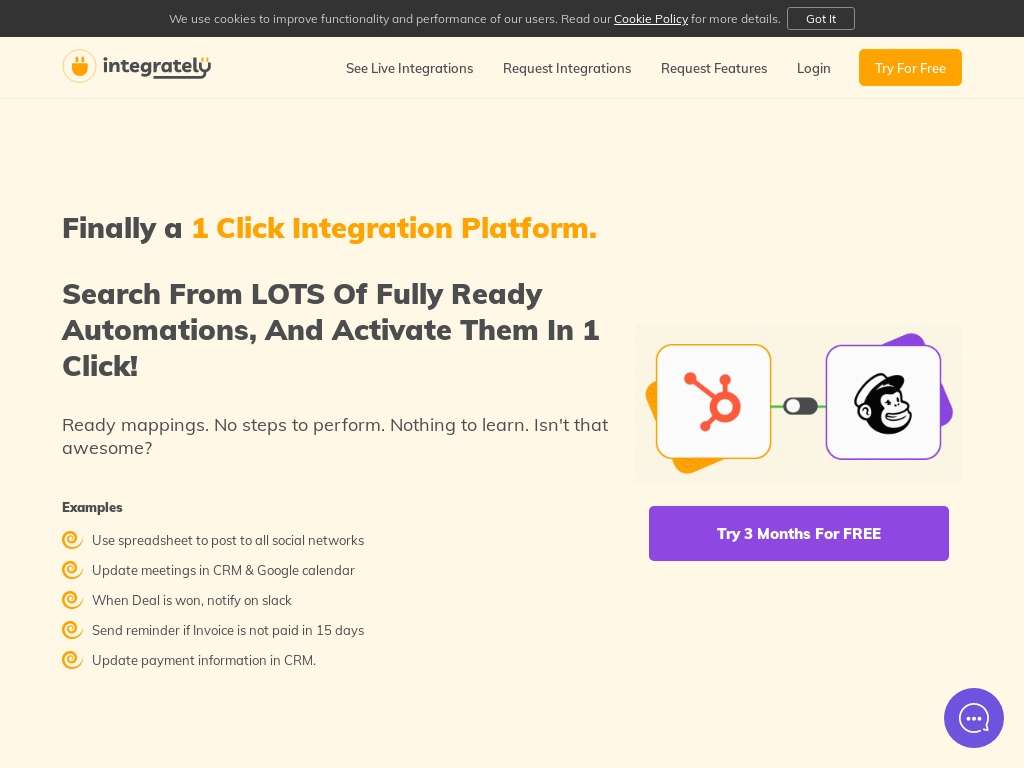
Sales Crm Tool Success Stories [2025]
A streamlined sales CRM tool could revolutionize how you manage customer relationships. Imagine having all your client interactions and sales data neatly organized in one place. This business idea involves developing a software application designed to help companies efficiently track their sales pipeline, monitor customer interactions, and automate essential sales tasks.
By offering a robust CRM solution, you empower businesses to improve their sales processes and nurture client relationships more effectively. This tool simplifies data management, minimizes administrative overhead, and helps sales teams focus on what they do best: selling.
Setting up a sales CRM tool will require a keen understanding of software development, a commitment to continuous improvement, and proactive customer support. However, if you're willing to put in the effort, the benefits of helping businesses grow and thrive are substantial. If you're passionate about tech and have a knack for solving workflow problems, this could be a fulfilling venture to undertake.
In this list, you'll find real-world sales crm tool success stories and very profitable examples of starting a sales crm tool that makes money.
1. noCRM.io ($2.64M/year)
Sunny Paris, co-founder of noCRM.io, came up with the idea to create a lead management software after realizing the limitations of traditional CRM software during his time with Yoolink. Despite the competitive CRM market, Sunny saw an opportunity to bring something new and more efficient to salespeople. The company has since grown to $2.4M in annual recurring revenue and has a customer base of over 11,000 salespeople worldwide.
How much money it makes: $2.64M/year
How much did it cost to start: $80K
How many people on the team: 19

This case study is about noCRM.io, a French SaaS company with over 11,000 salespeople using their software worldwide, that provides a lead management software for salespeople, and has managed to build its business up to $2.4M in annual recurring revenue and $200K in average monthly revenue.
2. CompanyHub ($480K/year)
Abhishek A Agrawal, the founder of Integrately and CompanyHub, initially started with a service-based software company in 2010. After struggling with finding a suitable and user-friendly CRM for his sales team, he decided to build his own CRM, CompanyHub. Recognizing the need for easy integrations between different apps, Agrawal launched Integrately, which quickly acquired approximately 1,500 paid customers within a month of its beta launch. The success of these ventures validated the idea that people are searching for simple and automated processes.
How much money it makes: $480K/year
How much did it cost to start: $100K
How many people on the team: 20

Integrately founder Abhishek A Agrawal built a 1-click integration platform which acquired around 1,500 paid customers within the first month of its launch, showing that people are looking for an easy way to automate their processes.

Download the report and join our email newsletter packed with business ideas and money-making opportunities, backed by real-life case studies.

Download the report and join our email newsletter packed with business ideas and money-making opportunities, backed by real-life case studies.

Download the report and join our email newsletter packed with business ideas and money-making opportunities, backed by real-life case studies.

Download the report and join our email newsletter packed with business ideas and money-making opportunities, backed by real-life case studies.

Download the report and join our email newsletter packed with business ideas and money-making opportunities, backed by real-life case studies.

Download the report and join our email newsletter packed with business ideas and money-making opportunities, backed by real-life case studies.

Download the report and join our email newsletter packed with business ideas and money-making opportunities, backed by real-life case studies.

Download the report and join our email newsletter packed with business ideas and money-making opportunities, backed by real-life case studies.













